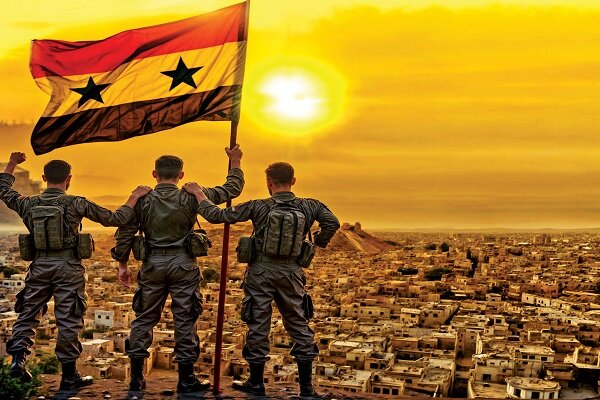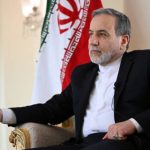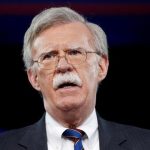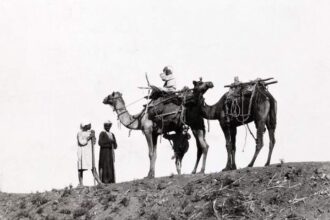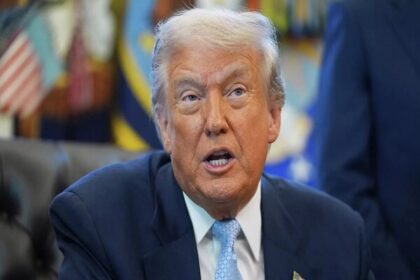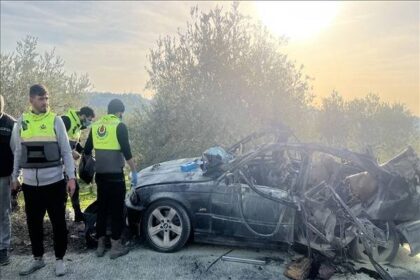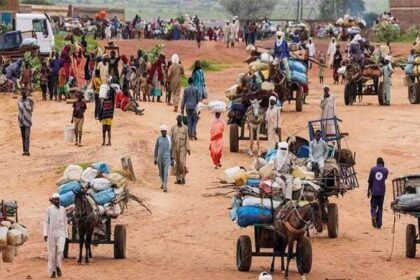The landscape of the Syrian youth uprising against the “Al Julani” regime – Mehr News Agency | Iranian and world news
Mehr News Agency, International Group: On Thursday, March 6, some local media in Syria announced that the resistance forces in the coastal areas set up ambush for the Tahrir al -Sham terrorist group and killed at least five of them. After this armed conflict in Latakia, Tartus and Homs reached its highest level. During the clashes, the control of some garrisons, checkpoints and government centers was taken over by the resistance forces. They were also able to capture some of the Takfiri elements.
On the other hand, the elements under the jurisdiction of the killing of killing in Latakia and the village of Alavi, Jebel. The mercenaries established martial arts from 9am to 6pm. Turkish -backed UAVs became a tool for suppressing Syrian protesters and expanded rapidly through Syria. According to al -Arabiya, forces under the jurisdiction of Idlib and Damascus traveled to western areas of Syria so that they could dominate the affairs of the area again.
According to the latest news of field developments, there is a fierce clash near Ibn Sina Hospital in Latakia between the Syrian and Takfiri popular forces. According to Hebrew sources, in the first six hours of the clash, more than 5 people were killed and dozens others were injured. The rate of repression of the Alawite people in the coastal area is so severe that various groups of people were present against the Syrian al -Himimim base and called for the Russians to protect the civilians.
Some analysts believe that the al -Sham terrorist group may decide to suppress the Alawites after failing to deal with Kurdish and Druze minorities in order to maintain its access to the Mediterranean. It is also possible to abuse the Takfiri propaganda from the current conditions to define the “internal enemy” to cover the weaknesses and create an artificial unity.
Frustration of the Syrian people from the terrorist government
The Syrian nation-state is one of the built-in political systems that declared existence in the heart of the Eastern Arab region by the lines drawn by Sykes-Pico. Since the early days of its establishment under French guardianship, there has been a “majority-minority” gap in the region. The lack of formation of a natural country in this geographical area has always made it possible for regional-trans-regional actors to gain significant influence across or part of Syrian territory. The establishment of the Ba’ath system has led to much of the foreign interference and the country could be in its surroundings. Especially Lebanon, Jordan and occupied Palestine gained significant influence. Today, however, Syria is practically struggling with the risk of breakdown, and the upcoming events can change the map of this Arab country once and for all!
The lack of confrontation with the Tir al -Sham terrorist group to counter land threats, while continuing economic problems and the lack of serious opening in the sanctions case, has prompted ordinary people to protest very soon and demand that Damascus’s new rulers are responsive. In the eyes of the ordinary people of Bashar al -Assad’s government, despite economic problems, it had such relative authority with the support of resistance that it did not allow the Zionist regime to cross the “red lines” under the agreement. Now the Syrian people are witnessing the practical occupation of southern Syria.
At the same time on the eastern border, about one -fifth of Syrian territory is still under “control”. Under such circumstances, the masses of ordinary people decided to come to the street and apply for their demands in the field. On the other hand, the government of the Tahrir al -Sham terrorist group, with the knowledge of the inability to implement a significant portion of the promises made, sees the option of non -suppression of the people ahead. Meanwhile, Hamad al-Al-Thani has promised a $ 2 billion investment in Syria, and the Turks have used a significant portion of their logistical capacity in Syria to help consolidate the Al-Julani government. Recently, the Turkish floating plant headed to the Syrian coast to increase public satisfaction with the new government by connecting to the Arab power grid!
At the same time, the European Union lifted some sanctions against Syria to show itself as new rulers in Damascus and assure Syrian public opinion that a better future is waiting for them! Saudi Arabia and other countries also hosted the head of the Tahrir al -Sham terrorist group. Meanwhile, Riyadh has promised to supply oil to Syrian refineries. Despite foreign support for the Golani system, ordinary people appear to have not yet received a good response to their economic and security concerns and are waiting for serious action to meet their demands.
Landscape
The success or failure of the uprisings of the Alawite people in the coastal areas of Syria depends on the reaction or failure of Kurdish, Druze and Christian minorities. In the face of the “centralists of Damascus”, Syrian minorities seek to revive the “federal system” throughout Syria. In this situation, any coordination between Syrian minorities will increase their chances of success in the medium term. If minorities based on the Syrian borders are to be able to get more privileges during the “national talks” or “constitutional council” or seek to gain a significant level of political or military independence in the field of action, they have no choice but to unity.
Speech interest
Despite the continued efforts by Western-Arab governments to show the return of stability to Syria, the Arab country has lost its unity more than ever before and is prone to its lands due to fierce regional-international competitions. In recent weeks, the Swedish Military Council has been able to remove the remnants of al -Julani forces from the province and call for “autonomy”. Now we have to wait and see how much the al -Julani government will be able to restore control over the eastern and southern regions of Syria during this internal assistance. Whatever the result, future developments will show that zealous Syrian youth are not silent against domestic weaknesses and external aggression and are able to change field equations.
(Tagstotranslate) Syria
RCO NEWS
RCO




